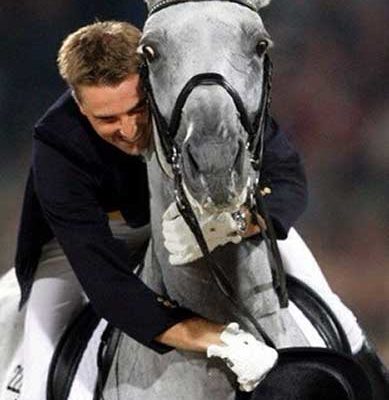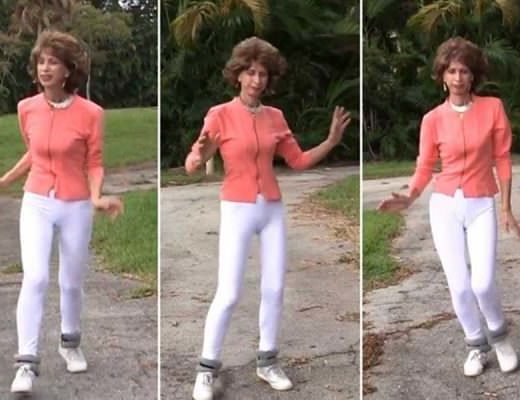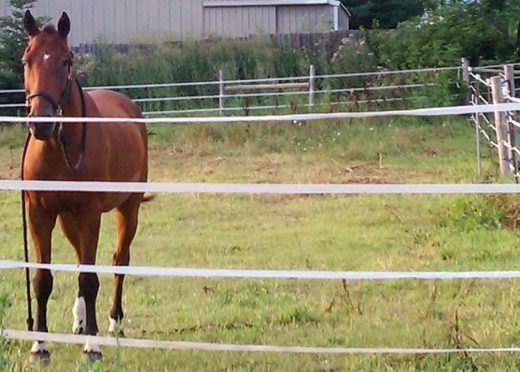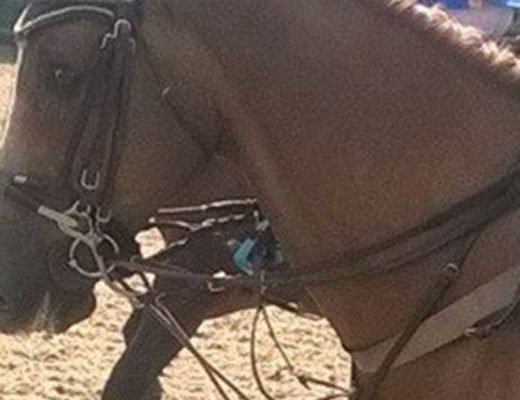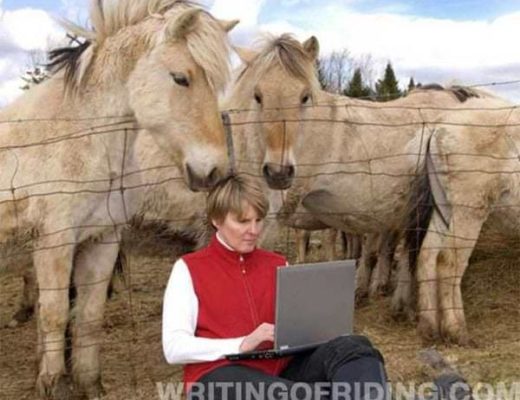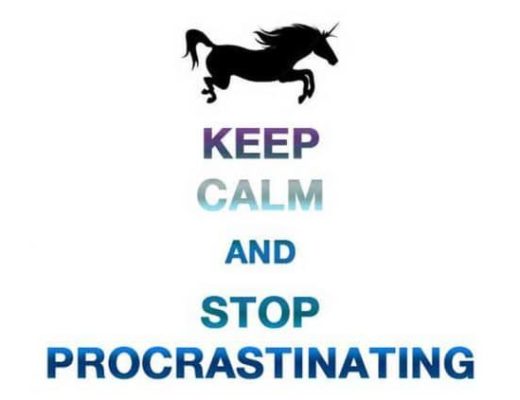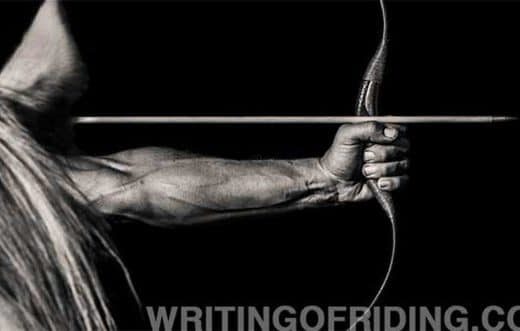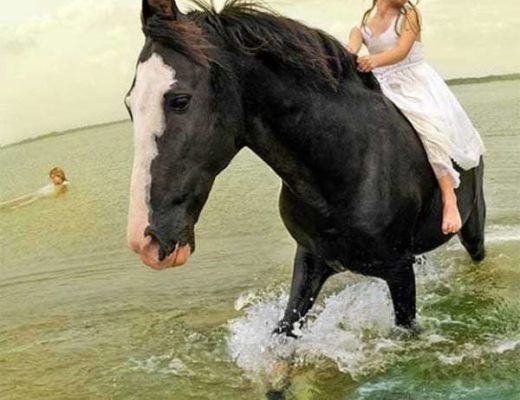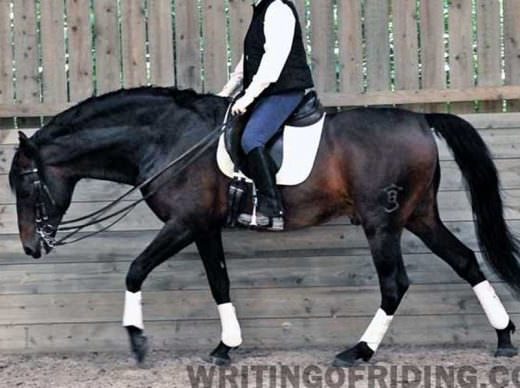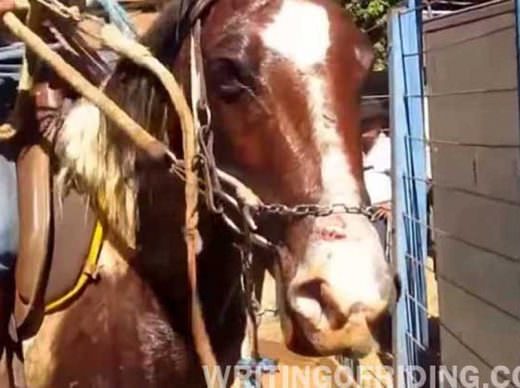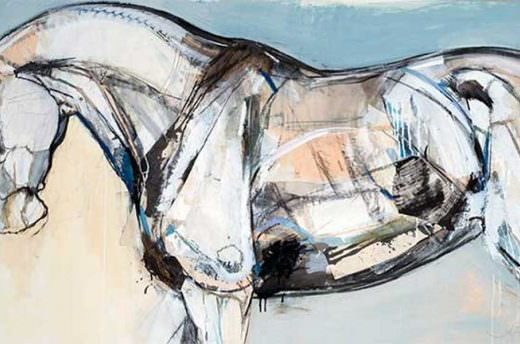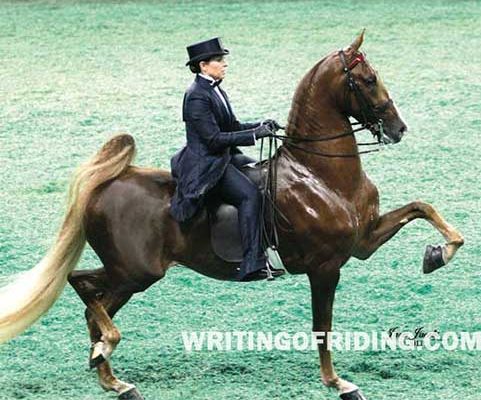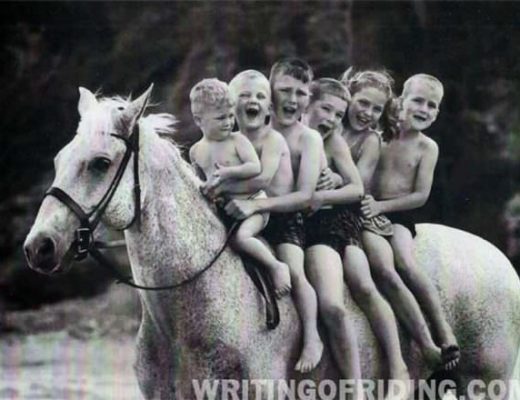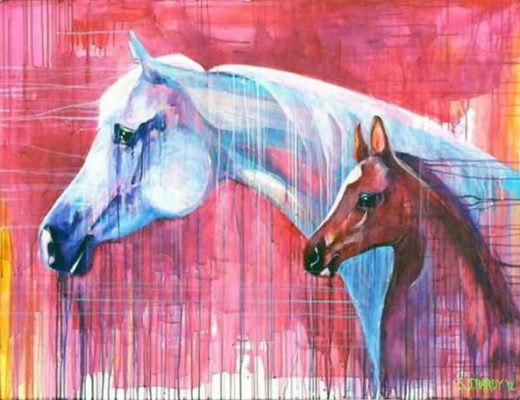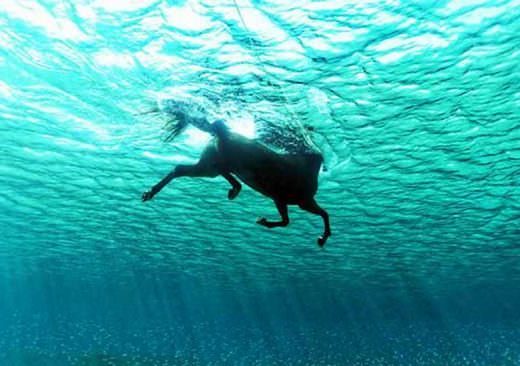So, what causes procrastination? Basically, it is fears, but each procrastinator develops and responds to his/her own specific fears. In varying degrees we are all afraid of facing reality — life’s challenges, the hard work and frustrations ahead of us. You can either deny reality or face it, i.e. say there is “no problem” or admit (maybe even exaggerate) the problems. THus, there are relaxed, fun-loving procrastinators and tense-worried procrastinators. From a behavioral viewpoint, negative reinforcement plays a major role in the development of procrastination, i.e. behaviors (watching TV) and thoughts (rationalizations or excuses) enable students to avoid unpleasant work. Escape from something unpleasant is reinforcing. Procrastination is an escape.
